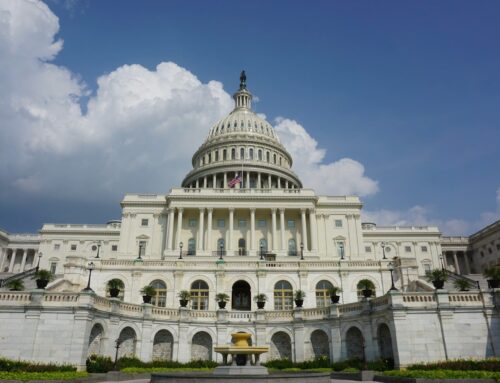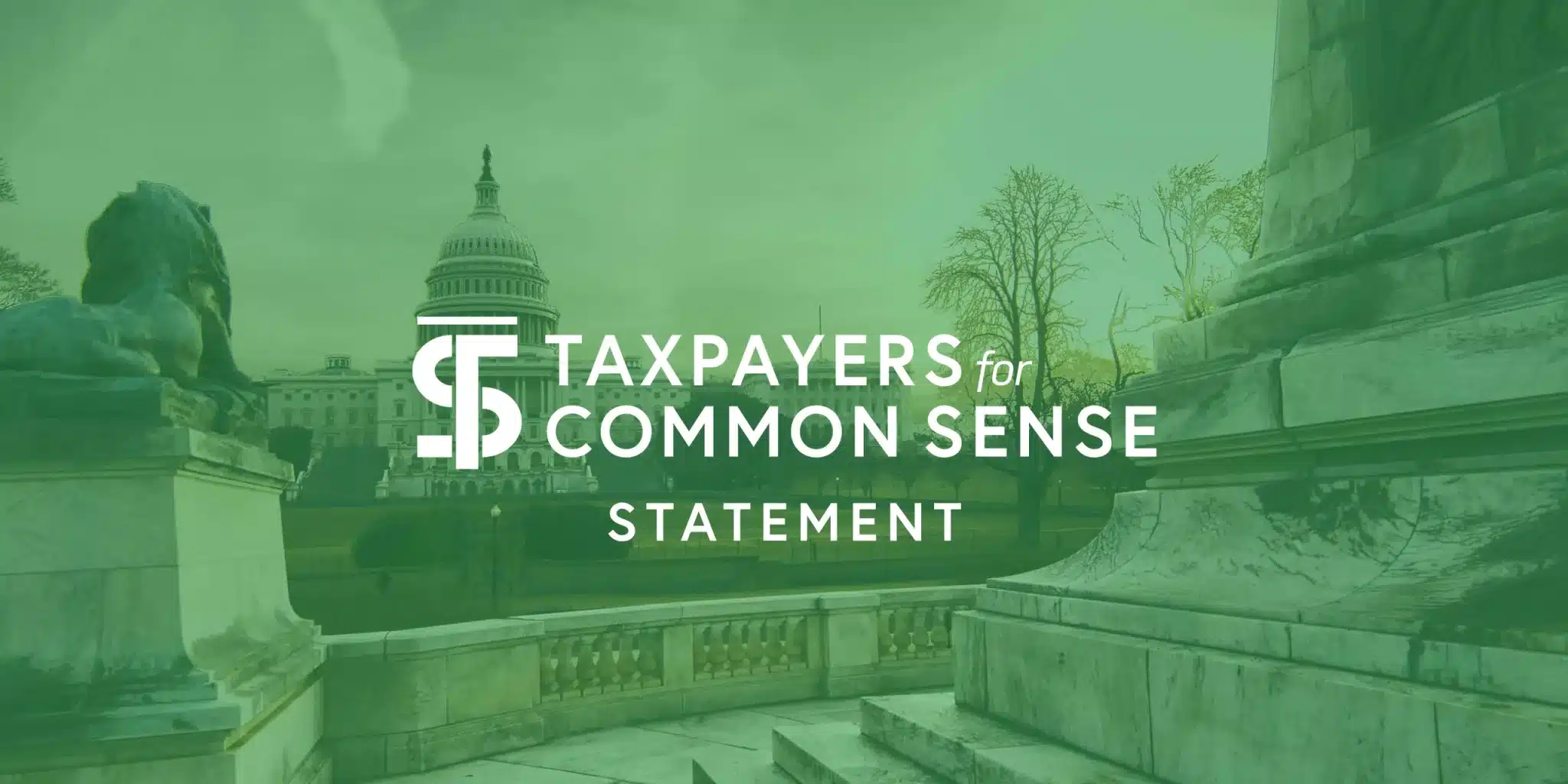Both the House and Senate have released their proposed budget resolutions. And on this Valentine’s Day, there is a lot NOT to love in these proposals.
Both will add to the national debt. Staggeringly so. It depends on how you count, but the House bill’s price tag is in the neighborhood of $4 trillion over ten years. The Senate’s resolution clocks in at a half a trillion dollars lost, but that is because they didn’t include extension of the expiring tax provisions from 2017. It’s not that they’ve gotten cold feet when it comes to extending the tax cuts. They plan to do a second reconciliation bill renewing those and even adding to their tax cut vows. They just want to secure the spending first and avoid sticker shock from one big bill. The House estimates the tax cut portion alone will cost $4.5 trillion.
While the President is sending break up letters to federal workers and even entire agencies, both packages have sweetheart deals for the parts of the bureaucracy that are the apple of their eyes, starting with the Pentagon. The Senate is gifting the agency $150 billion extra and the House $100 billion. There’s an additional $350 billion for the border (Homeland Security and Judiciary) in the Senate package and $200 billion in House version.
The Senate makes laughable nods to deficit reduction, asking four committees to come up with just $4 billion to reduce the deficit.
The House is more aggressive, asking seven committees to come up with $1.5 trillion in deficit reduction and reforms to entitlement programs saving $2 trillion. In fact, the size of the tax cuts are dependent on the entitlement reforms. If the Ways and Means Committee doesn’t get $2 trillion in savings from mandatory/entitlement programs, their tax cut package is reduced by that shortfall.
This gets to the next step of the process. What the Senate and House are considering are the budget resolution that includes instructions to the various committees to come up with a certain amount of deficit reduction or spending increases within their jurisdiction. The Committees then have about a month to come up with the proposed changes which are cobbled together by the Budget Committee into a legislative vehicle known as budget reconciliation.
Why is budget reconciliation so powerful?
Because it can pass through the Senate with a simple majority, avoiding the filibuster that requires 60 votes. But because it is so powerful, there are limits on what can be in reconciliation—provisions have to deal with spending, revenue or debt limit. Any policy included in the package can be struck by the Senate Parliamentarian after being challenged.
The Affordable Care Act (aka Obamacare), the Tax Cut and Jobs Act (2017 tax cuts) and the Biden-era Inflation Reduction Act were all enacted through reconciliation. Something else you will notice is that all of that legislation passed when the House, Senate and White House were under unified control. That’s because reconciliation is – ironically – always partisan. No Democrats voted for the TCJA, no Republicans voted for the ACA or IRA. That also means that because of their slim House majority that getting the package through the Republican House will be a squeaker.
And there are a lot of reasons to vote against the proposed package. The Pentagon doesn’t need an additional $100 billion. They have massive cost overruns, fighters that can’t fly most of the time. There are ways to rein in waste at the nearly $1 trillion agency that could free up all the cash they need (paging DOGE).
But an even bigger reason to vote this package down is the hit it will do to the national debt. In 2018 when the tax cuts from the TCJA started, the total debt was $20 trillion. It is more than $36 trillion today. Interest payments on that debt are $1 trillion annually and that will rise—even without the additional deficit finance proposed through reconciliation.
Congress needs to slow down and step back. We do need lawmakers to commit to figuring out how to reduce deficits and pare down our national debt. That requires an honest assessment of needs versus wants and honesty on what it costs to fund the government. But wedding ourselves to a hastily arranged, expensive reconciliation package will only make things worse. Money troubles are after all one of the biggest obstacles to successful relationships. And these packages will only make Washington’s relationship to deficits and debt that much rockier.
- Photo by Uriel Soberanes on Unsplash










Get Social